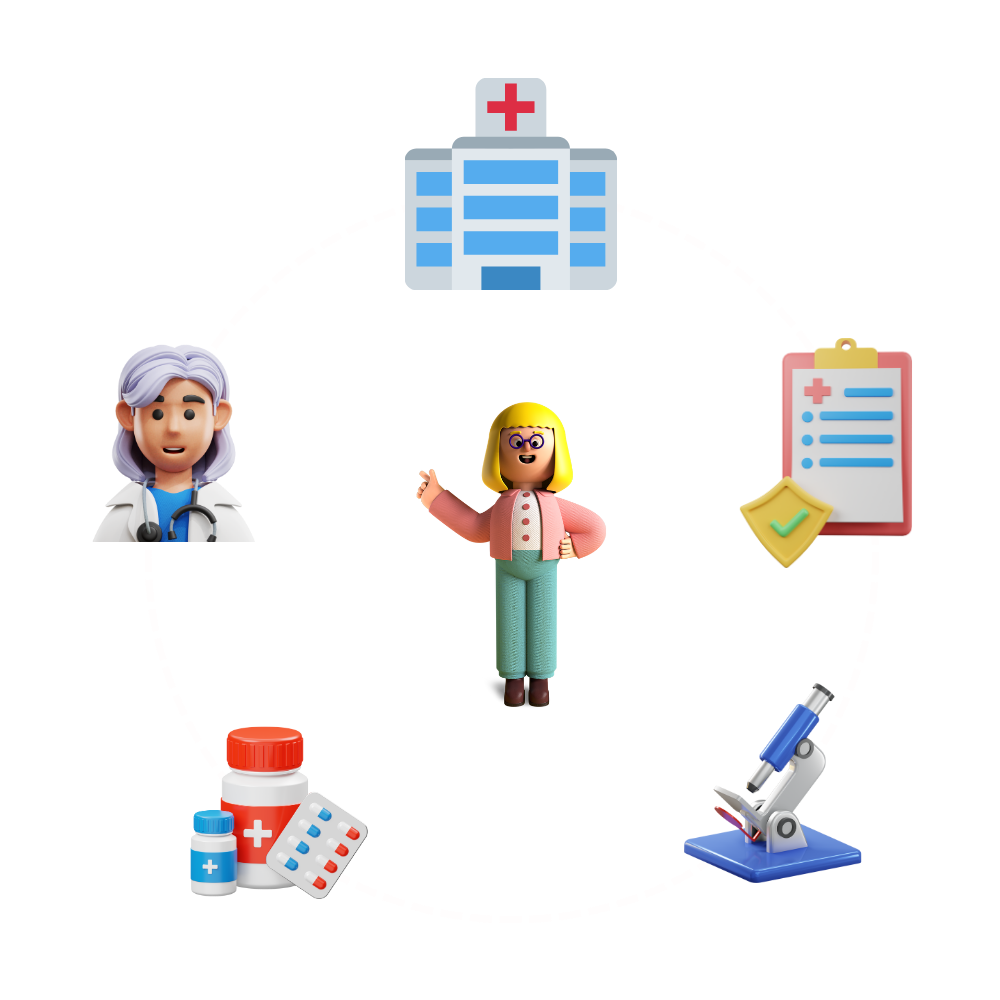Cosmetic surgery is a type of surgery that is performed to enhance or improve the appearance of a person's body or face. These procedures are typically elective, meaning that they are not medically necessary and are instead chosen by the patient for personal or aesthetic reasons.
Here are some examples of cosmetic surgery procedures include:
- Facelift: a procedure that tightens and lifts the skin on the face and neck to reduce wrinkles and sagging skin.
- Rhinoplasty: a procedure that reshapes the nose to improve its appearance or function.
- Breast augmentation: a procedure that involves the use of implants to increase the size of the breasts.
- Liposuction: a procedure that removes excess fat from specific areas of the body using a suction technique.
- Tummy tuck: a procedure that removes excess skin and fat from the abdomen to tighten the muscles and create a flatter stomach.
- Botox injection: a procedure that uses small injections of a chemical called Botulinum toxin to temporarily paralyze the muscles that cause wrinkles, it's mainly used in the face.
It is important to keep in mind that cosmetic surgery is a serious decision that should not be taken lightly. Patients should do their research and carefully consider the risks and benefits of any procedure before going through with it. They should also consult with a qualified, board-certified plastic surgeon to discuss their goals, expectations, and any potential risks or complications.
 Drlogy
Drlogy





